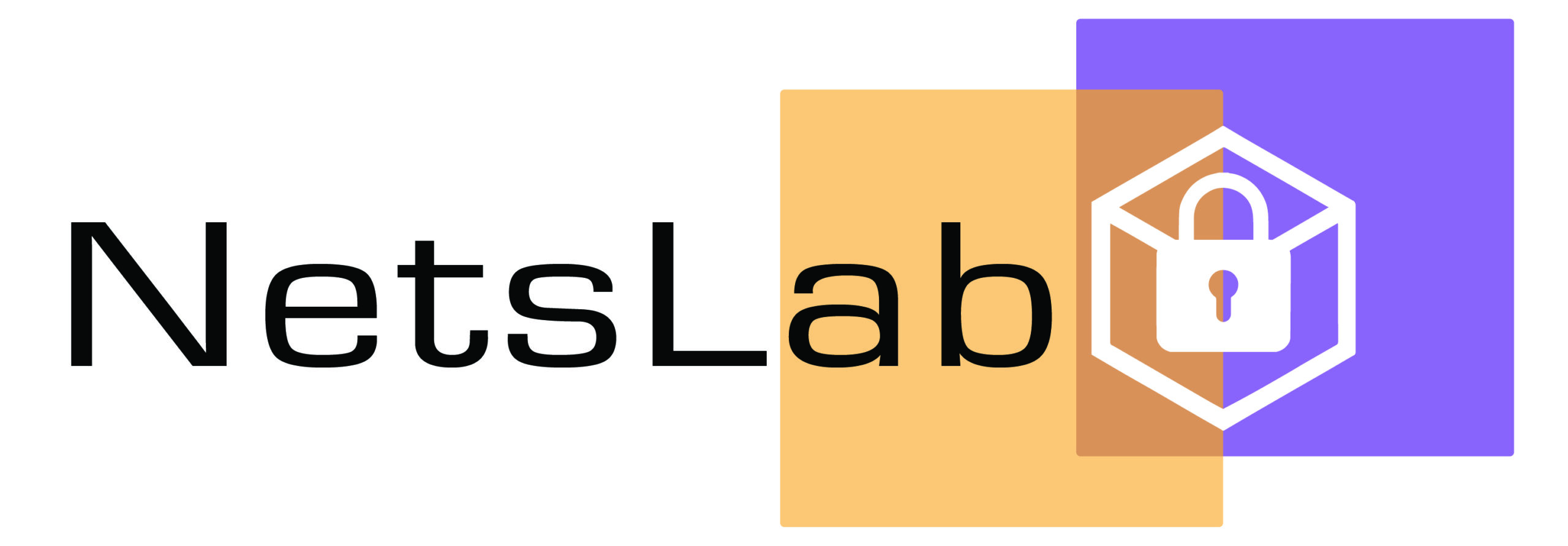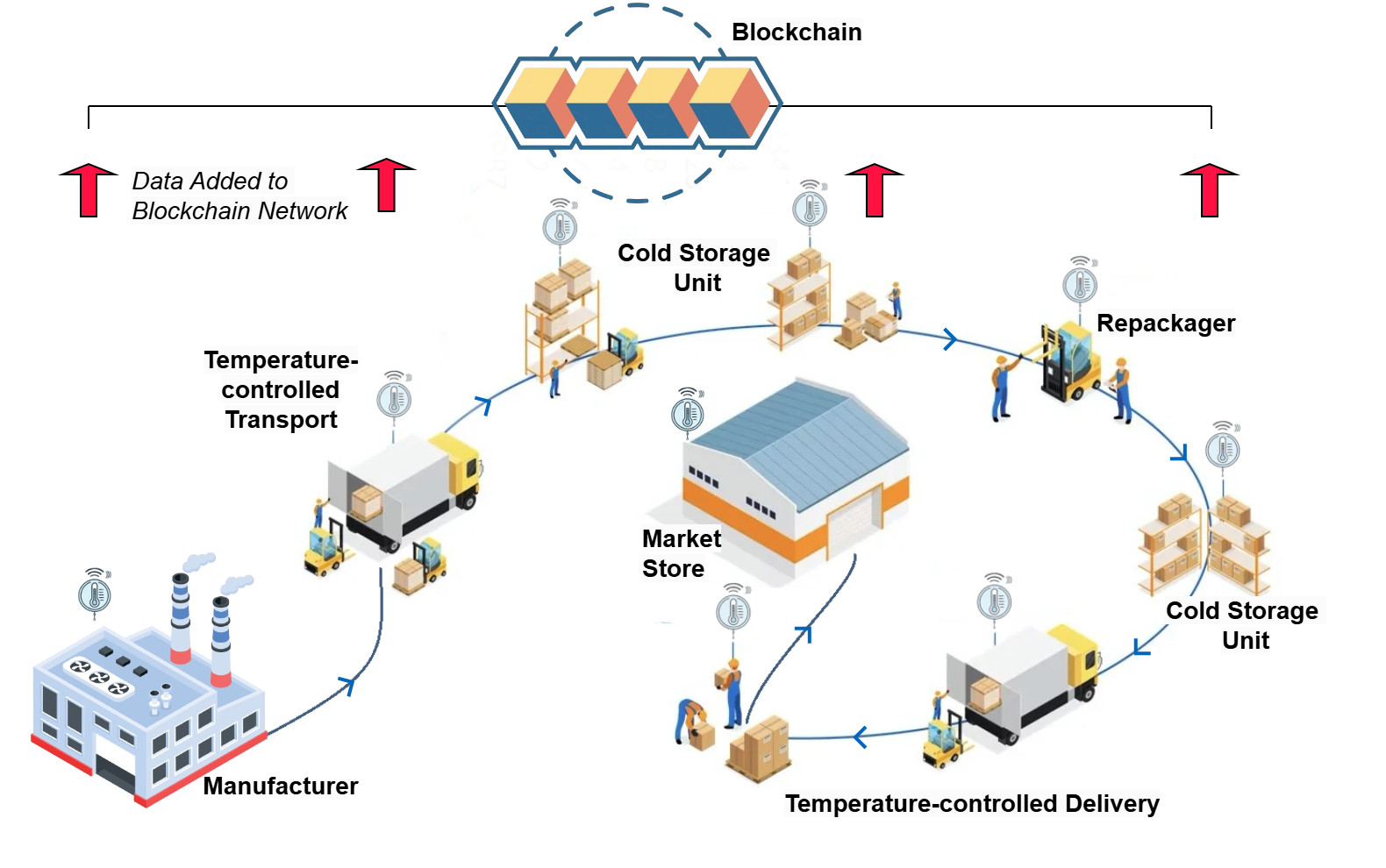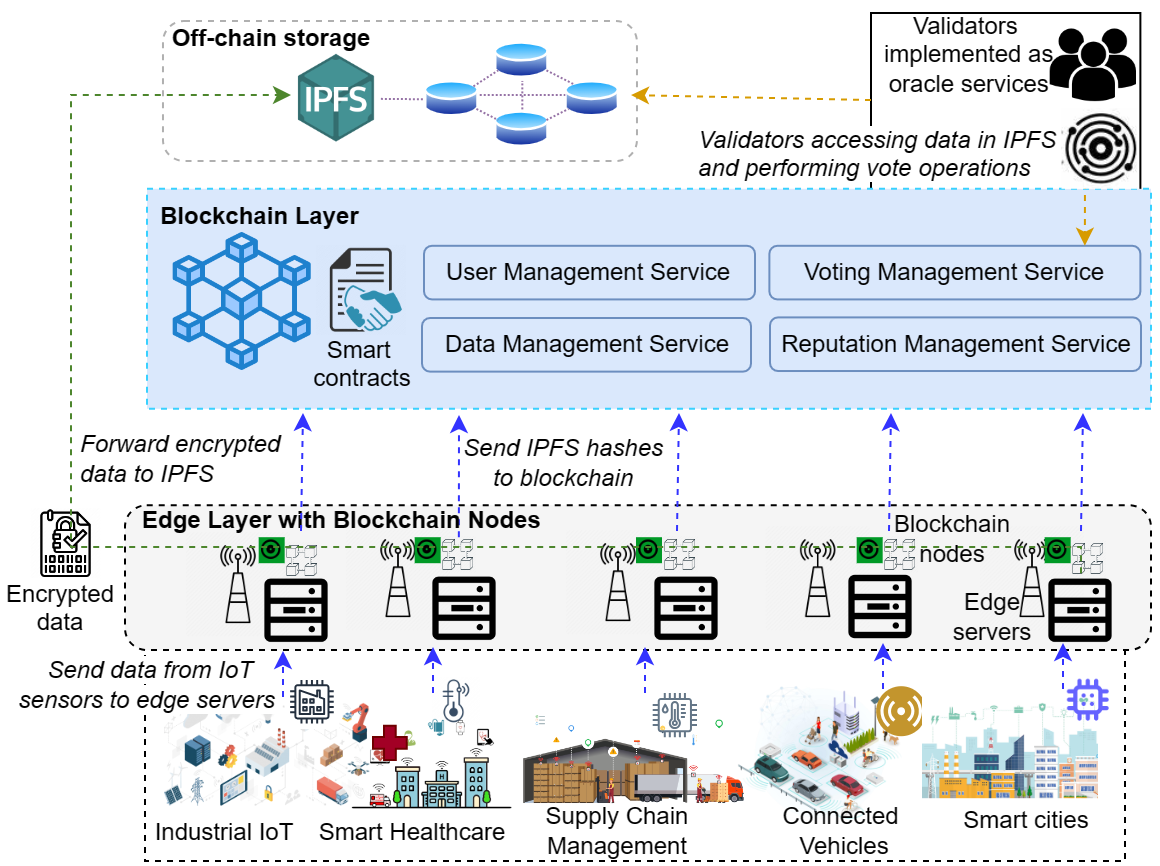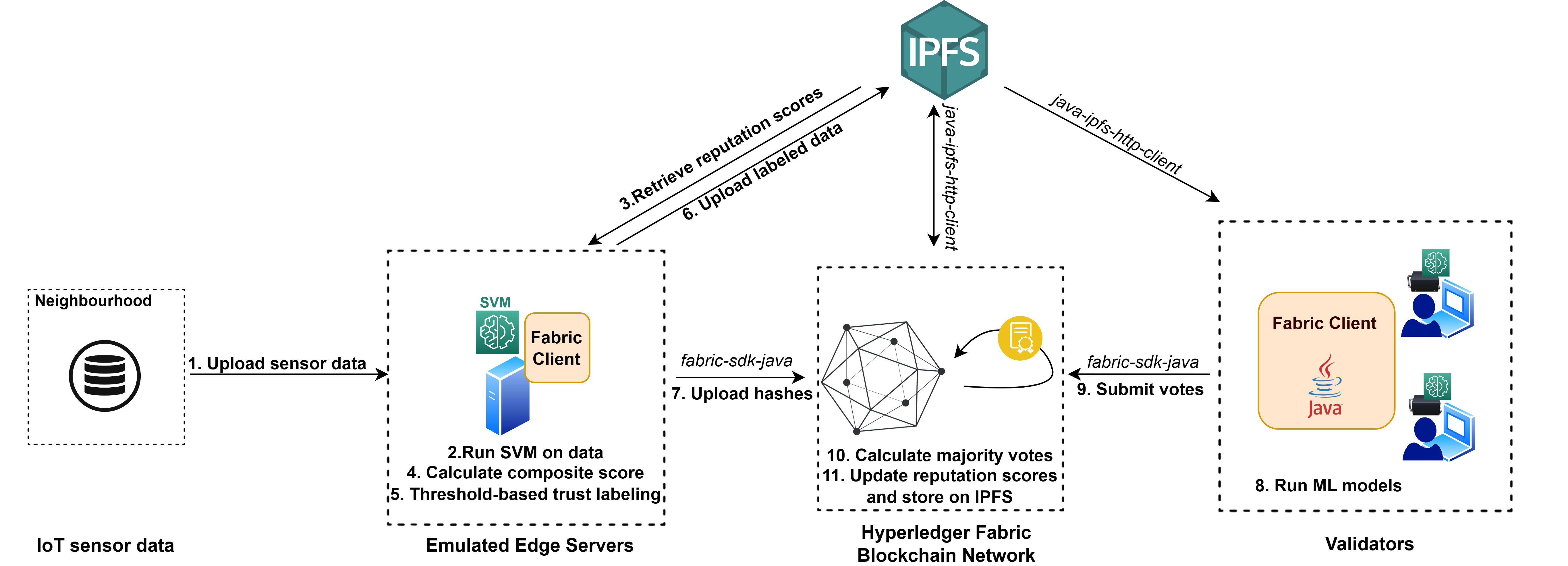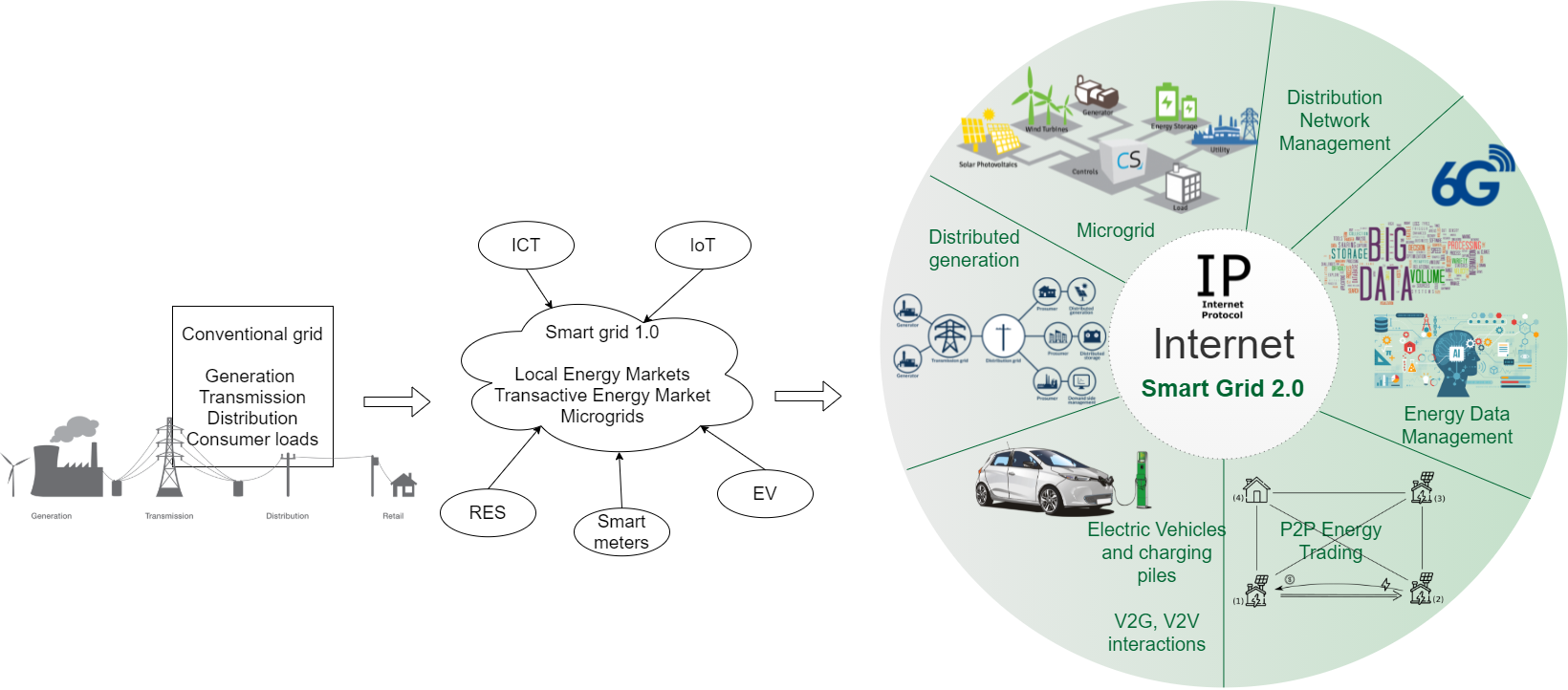Edge computing paradigms were an expedient innovation for elevating the contemporary standards of mobile and Internet networks. As specified in Multi-Access Edge Computing (MEC) standardization, edge computing serviceable infrastructures are running on virtualization technologies to provide dynamic and flexible service instances. Since the inception and operation of the services are executing at the edge level […]
Read MoreSHIELD-Secure Aggregation against Poisoning in Hierarchical Federated Learning
- January 27, 2025
- No Comment
